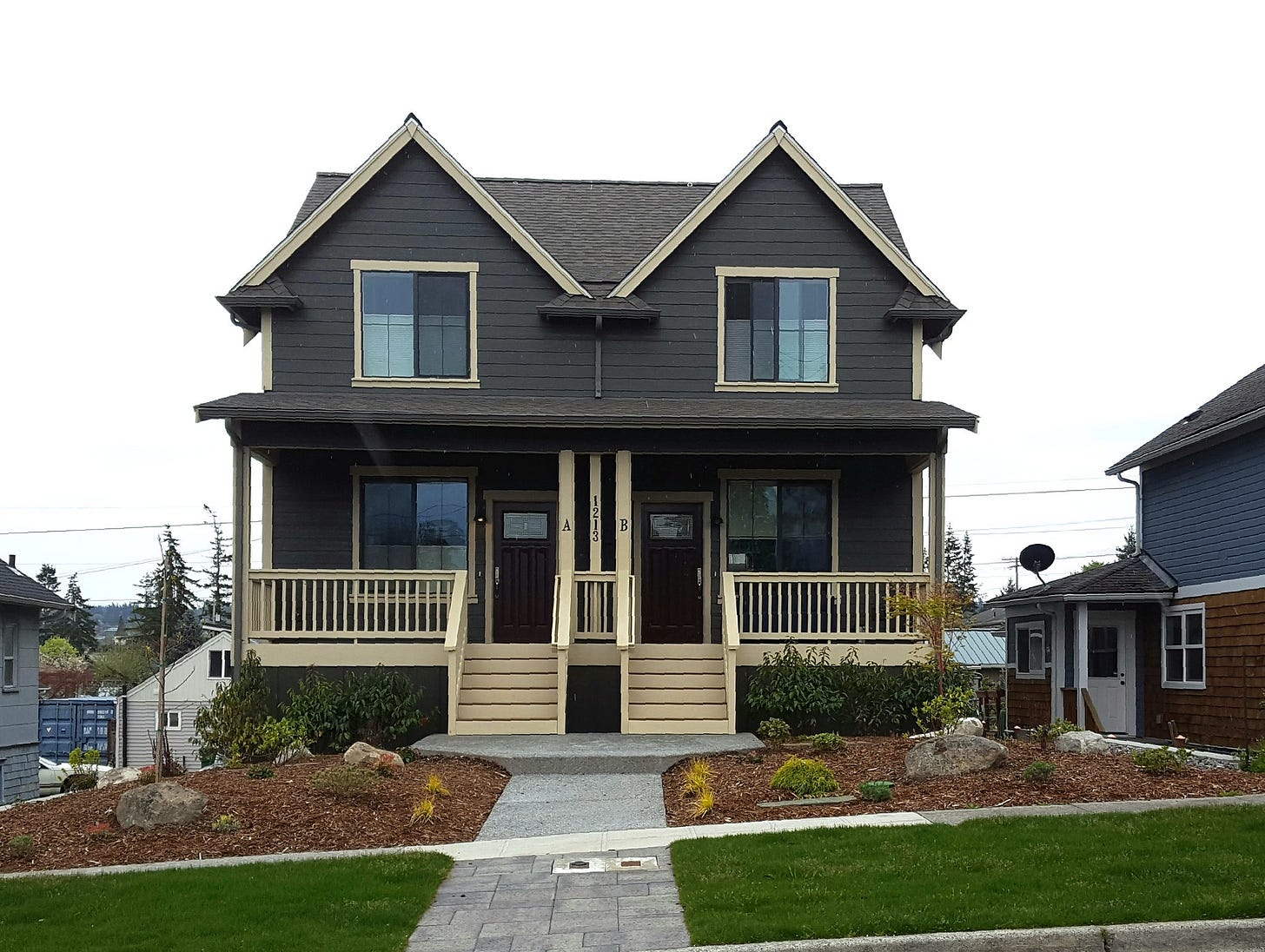Iowa City has a chance to do the smart thing on housing
This issue does not need more study: Iowa City needs more affordable housing.

Iowa City takes pride in doing both the right thing and the smart thing. From climate action plans to hybrid schooling during the pandemic, we try to lead the state with good sense and good sentiment — even when the rest of the state may not agree with us.
But one area where we have neither done well nor done good is our housing market. It is too expensive. According to a 2015 study, Iowa City is the 14th-most economically segregated metro area of its size nationwide.
The city is trying to do better, though, which is why we welcome the updates the City Council is currently considering to its approach to housing.
Using a combination of incentives and zoning updates, the proposal encourages somewhat denser housing at a variety of price points. It will provide opportunities to build “missing middle” housing like townhouses and duplexes that fit within otherwise single-family neighborhoods. It will make it easier to build residential buildings like retirement homes in residential zones, smooth out some inconsistencies caused by older neighborhoods being built under older versions of the code, and add incentives for developers to build more affordable units.
If it passes, the proposal will make Iowa City a more integrated community while also making our community and economy stronger. And it is based on our city staff experts’ research on how to build affordable, walkable, community-focused cities, including in other college towns like Ann Arbor, Michigan.
These zoning updates also fit with other longstanding city goals and initiatives: They are the final piece of the city’s 2016 Affordable Housing Action Plan, will help the city meet its climate goals, complement its efforts to reduce reliance on cars like free bus service, and help local businesses fill jobs as more people can work closer to home. They should even help the Iowa City Community School District’s goal of minimizing economic segregation in elementary schools, a near impossibility with the city’s current economic segregation.
City staff have been working on the proposed changes for several years, with public meetings throughout the process — we know, because we have urged you to weigh in before and attended several of them ourselves. But life is busy, and these meetings were attended mostly by housing advocacy groups. Now that the updates are in the home stretch, we are seeing calls to slow down, to engage in more study. This issue does not need more study: Iowa City needs more affordable housing.
Unfortunately, change is hard, and opposition is mobilizing.
Many opponents claim that they don’t want more students in their neighborhoods. We get that no one wants to live next to a party house, including us. But Iowa City has laws already to address those, and, in any case, blocking affordable housing is not the right solution to college parties. Low-wage workers, people with disabilities, retirees, and, yes, students, are people. People of all stripes should be able to live in Iowa City.
In short, we believe that Iowa City should be more inclusive, more walkable, and should have more options for folks to live throughout the city. If you believe these things too, now is the time to act. Come forward and publicly support these changes to the zoning code.
The Iowa City City Council will have its first public hearing on the bulk of these updates on Sept. 19. There will also be open house meetings on Sept. 13 (Terry Trueblood, 5 p.m.) and Sept. 14 (Iowa City Public Library, 5 p.m.) to discuss one specific update to the code that would make accessory apartments easier to build, as requested by the AARP and other organizations dedicated to aging in place. If you can’t attend the meetings, get in touch with the City Council (council@iowa-city.org) and let them know that you support Iowa City doing the right thing and the smart thing by adopting these updates.
Kelcey Patrick-Ferree and Shannon Patrick live in Iowa.
Originally published in the Iowa City Press-Citizen on September 9, 2023.

